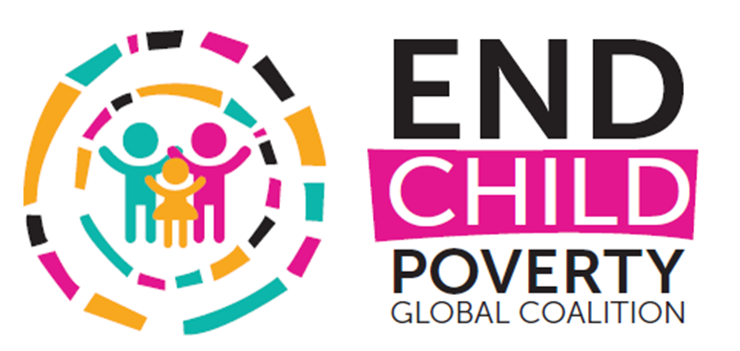New Research Study
Partnership for Economic Policy (PEP)
Despite a significant improvement in school attendance (from 87% of all 7 to 14 year olds in 1992 to 98% in 2014), Brazil continues to lag behind other Latin American countries in terms of educational outcomes. While full time school attendance is compulsory for children aged 6 to 14 in Brazil, the 2014 national household survey indicated that over three million children still divide their time between school and work.
One reason that child labor continues in Brazil is that many poorer families rely upon the earnings of children and adolescents to meet their basic needs.
A team of local PEP researchers set out to measure the impact of child work on learning outcomes to better understand the consequences of children combining work and study. The research team analyzed “Prova Brasil” census data from 2007 and 2011, which provides information on 5th and 9th grade students in urban public schools. As well as distinguishing between different types of work, separate analyses were also undertaken according to gender in order to observe any differences or discrimination that may occur.
Their analysis indicates that working, both at home or in the labor market, is detrimental to children’s academic performance and that younger (5th grade) children experience a greater negative impact than older (9th grade) children when combining work and studies.
The results of this study indicate that domestic work, which is often not included in social statistics and not considered dangerous, needs to be included in policies designed to combat child labor. In particular, the school day should be extended to encourage children to spend more time in school and to reduce the amount of time children spend on household chores.
To address the issue of families who rely upon the earnings of their children to meet basic needs, social assistance programs – such as Bolsa Familia and PETI – can provide important sources of income and allow children to remain in education.



